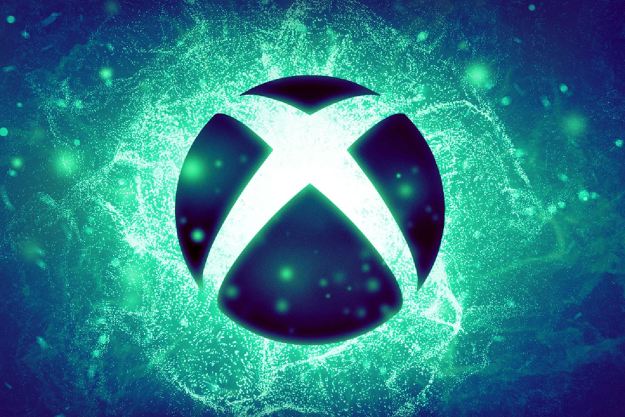Microsoft announced on Monday that it will formally recognize any unions organized by employees of Activision Blizzard after entering into a breakthrough labor neutrality agreement with the Communication Workers of America (CWA), the union said. The agreement will apply to Activision Blizzard employees 60 days after Microsoft’s $68.7 billion acquisition closes.
In accordance with the agreement, employees will be able to join a union without interference from Microsoft, nor Activision Blizzard. Chris Shelton, president of the CWA, said that the union expressed concerns about Microsoft’s acquisition of the Call of Duty and World of Warcraft publisher given the ongoing sexual harassment and discrimination lawsuit filed against Activision Blizzard by California’s Department of Fair Employment and Housing (DFEH), as well as its own lawsuit against the company accusing it of worker intimidation and union-busting. Now, he says the union fully supports the deal and looks forward to working with Microsoft once the deal closes.
“This agreement provides a pathway for Activision Blizzard workers to exercise their democratic rights to organize and collectively bargain after the close of the Microsoft acquisition and establishes a high-road framework for employers in the games industry,” Shelton said. “Microsoft’s binding commitments will give employees a seat at the table and ensure that the acquisition of Activision Blizzard benefits the company’s workers and the broader video game labor market.”
Microsoft and CWA created five provisions that will benefit Activision Blizzard employees. Microsoft will remain neutral when employees covered by the agreement express interest in joining a union and covered employees will be able to freely discuss the union with other employees and union representatives. If employees do want to join a union, they will have access to innovative technology that helps streamline the process. Their decision to join a union will be kept confidential if they wish to keep it private. And lastly, Microsoft and CWA will work to reach an agreement if any problems arise and will resort to an expedited arbitration process if they can’t.
Over two weeks ago, Xbox CEO Phil Spencer said that Microsoft would recognize Raven Software’s union once Microsoft’s deal with Activision Blizzard closes. At that time, Microsoft’s relationship with the CWA was nonexistent, but now its agreement with the union makes its stance on gaming workers’ unions loud and clear.
Editors' Recommendations
- Xbox Game Pass gets its first Activision Blizzard game very soon
- These Activision Blizzard games need to come to Xbox Game Pass this year
- Microsoft has acquired Activision Blizzard: What does that mean for you?
- Microsoft’s Activision Blizzard acquisition is about to clear its final hurdle
- Microsoft gives Activision Blizzard cloud gaming rights to Ubisoft




